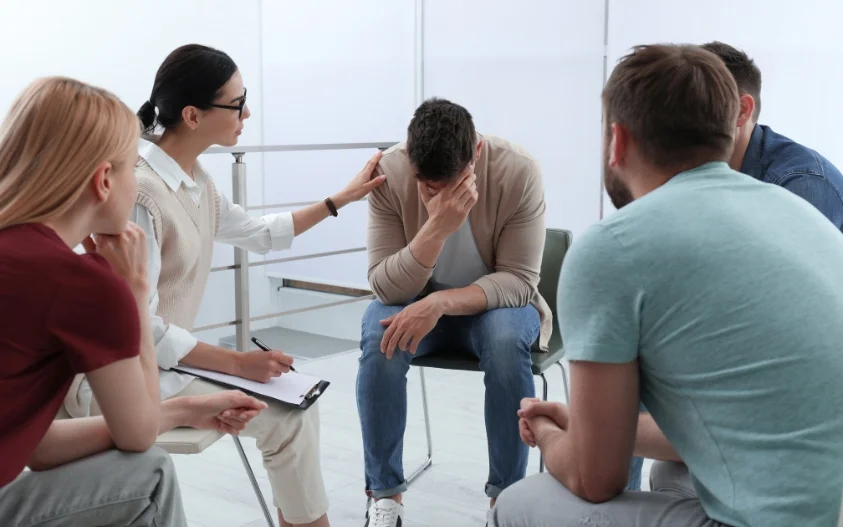24/7 Helpline:
(866) 899-221924/7 Helpline:
(866) 899-2219
Learn more about PTSD Treatment centers in Sandy Springs
PTSD Treatment in Other Cities

Other Insurance Options

Health Choice

ComPsych

Group Health Incorporated

Excellus

CareSource

Cigna

Kaiser Permanente

BHS | Behavioral Health Systems

Health Partners

State Farm

Ceridian

Molina Healthcare

Evernorth

UMR

Optum

WellPoint

Optima

Carleon

MVP Healthcare

Amerigroup














